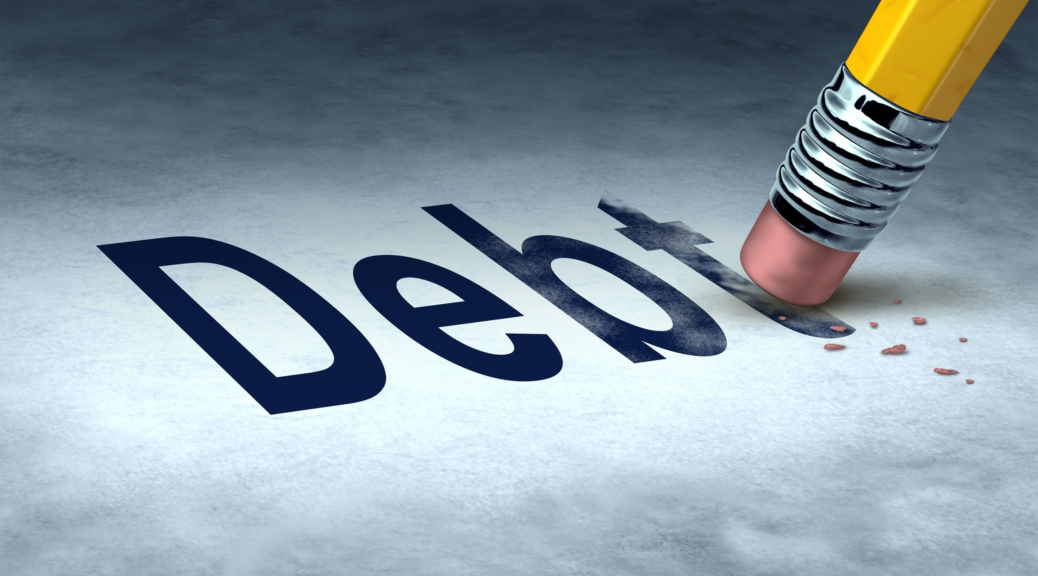Filing for a bankruptcy is never an easy task. It is not an easy decision to make either. The decision to file for a bankruptcy comes from the fact that something has gone wrong and this is the time where you are not only worried and stressed-out but also emotionally vulnerable. Actually filing for a bankruptcy on the other hand is an extensive process that requires specialized knowledge and skills.
The first challenge for most people is whether to choose chapter 13 or chapter 7 bankruptcy and this is a very difficult choice to make all by yourself. F&A Firebaugh Andrews P.L.L.C Bankruptcy Law Firm is the one you can bank on at such a time. Its attorneys and staff understand that you don’t just need a cookie-cutter solution but something that is customized to get you the maximum benefit based upon your unique circumstances. This is why they provide case-by-case basis evaluations by highly qualified attorneys that will help you get just that. The firm will provide you with legal support and expertise from the first call you make until the time your case is completed.
To get you started, the distinction between the benefits of filing a chapter 13 and a chapter 7 are not quite that clear for everybody. Here’s what both of these mean:
Chapter 13: This lets you reorganize your debts into one affordable payment plan by using the powerful provisions of the bankruptcy code to force creditors to accept much less than they have been getting. You can choose from payment terms between 3 to 5 years and work with your attorney to decide the amount of money you can afford to pay in that time period so that you don’t have to worry about those huge payments coming up each month to various creditors and don’t have to be worried each time your phone rings. This plan can be used for your mortgage payments, student loans, credit card payments, pay-day loans, past dues taxes, or even if you want to restructure your car loan.
How do I Qualify?
To qualify for chapter 13, you need to have a regular flow of income and your debts cannot exceed a very high maximum amount.
How does it work?
When you file for a chapter 13, your lawyers will help you to prepare your budget, fill out all the forms, and appear with you at the court hearings. This is done after you have sat down with your lawyer and discussed your financial goals with your lawyer to make sure the Plan is meeting your individual needs and safeguarding your interests to the maximum extent allowed under the law.
What happens after my payments are made?
After all of your payments are made and you have complied with all of the terms of the Plan, the payment plan is terminated and you receive a discharge from debts.
Chapter 7: Chapter 7 is filed when people can’t afford to pay creditors. The idea is to sell the non-exempted assets and to use that money to pay off the debtors. Many people are able to exempt all of their assets and therefore keep everything that they own and get rid of their debt. Chapter 7 is commonly known as straight bankruptcy and allows a person be relieved from debt while still keeping enough property to make a fresh start.
How does it work?
With chapter 7, a trustee is assigned to your case. The trustee’s duty is to collect and sell all the non-exempted assets and use the money to pay off your creditors. The Trustee also has a duty to make sure that you have been truthful in disclosing your complete financial circumstances and in good faith you can’t afford to pay your creditors.
What can I not use Chapter 7 for?
You cannot use chapter 7 to get rid of student loans, most of the taxes, and child support.
The best part is, you can visit the website bankruptcyfilingfees.com to get all the information that you need.
